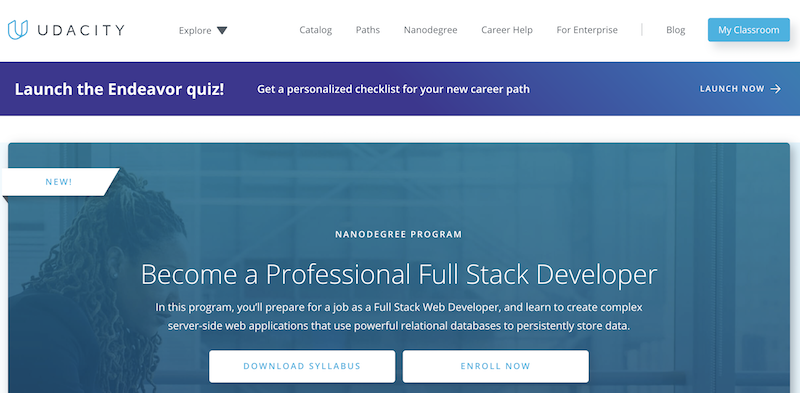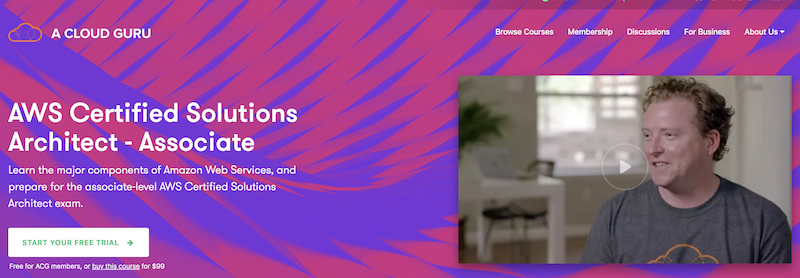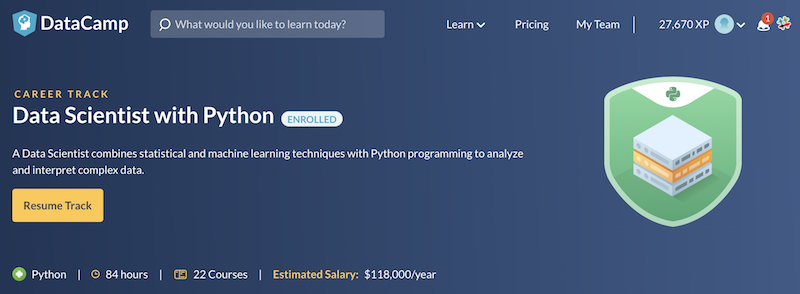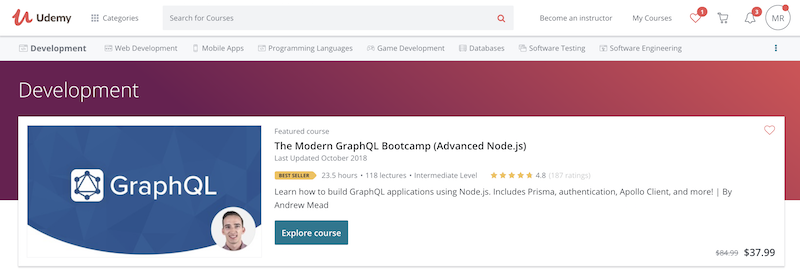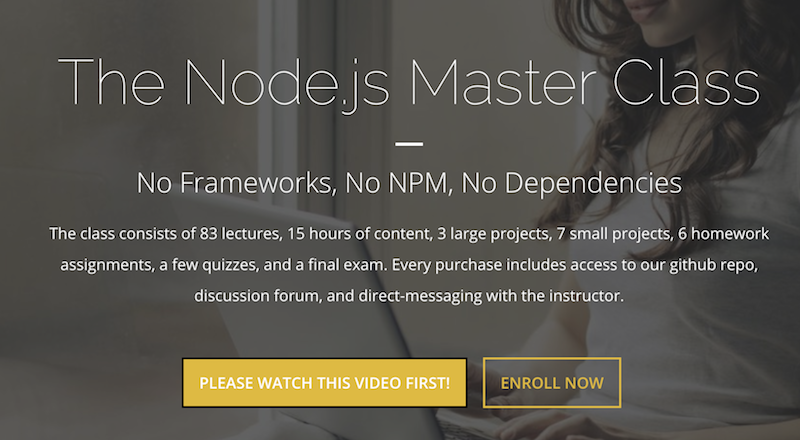I lead a small development team, and while a big part of my job relates to software and it technical aspects, most of my duty requires that I attend meetings, make presentations, or run occasional financial analysis of the projects I work on.
My inner geek felt abandoned!
As an engineer that has spent quite a few years in the industry, I started to feel my technical skills were not growing (or even declining!) due to lack of practice and study. In my team leader job I simply cannot specialize too much in the “details” (unless things really break, when details really matter!).
My technical skills are still a big part of my contribution and are needed to have the right conversations during my work. While this or that skill may not apply directly, as a whole, I can perform better if I know the inside of what I am talking about. Life is learning.
Where to learn?
While a StackOverflow post, or a random Google search will answer a specific question, to really learn (or relearn) about a technology or approach I often prefer a more structured approach. I used to buy e-books, but when I did my research a few months ago I understood clearly that online options for self-learning are extremely abundant and of very high quality.
Update: See my Udemy personal profile!
The courses come with videos, auto-checking coding exercises and online command lines. Most courses are even gamified! (Getting some XP points after a session is an additional satisfying feeling).
What to learn?
I reviewed many options and I settled on a few long form courses that help me review and relearn old topics, as well as new ones. I didn’t necessarily choose them to look for a different career path, but to keep my curiosity for learning alive and set some goals outside of work.
I didn’t go for short courses or articles, a bit opposed to my usual breadth first learning, because I think I will benefit for a deep dive at this point. I didn’t go for “free”, mainly because the paid courses offer a much higher quality and I can put some aside to invest in myself. One thing that I did not find much of, is courses aimed at engineers with more experience, often, they are aimed to beginners and newcomers.
These are some of the courses which I have used or plan using:
Udacity - Nandegree
They make a very strong case for newcomers, and they partner with the likes of Google and Amazon to create their materials.
I finally chose the “Full Stack Web Developer Nanodegree program”, because it allows me to review many of the skills I need day-to-day, it uses Python as their back-end programming language, which I have been looking forward to learn.
I am starting the Nanodegree program in a few weeks.
AWS Certificates from Acloud Guru
In fact, this was the course that I used to obtain my AWS certification (link), and I strongly suggest it for anyone that wants to pass it without spending days in dense AWS documentation.
DataCamp’s Data Scientist with Python Career Track
Although I am not sure I will specialize in data science in the short term, data is everywhere in the industry, plus, Data Science’s approach to problem solving is very refreshing for me.
I am currently doing the Python Career track, which consists of 23 courses and about 84 hours. I have yet to go to their “projects” section, which seems to provide a lot more hands on work, similar to a the daily work of data scientists.
Udemy, perfect for small courses and skills
I have taken a few short courses in Udemy, and they are comprehensive for general topics. Often come with discounts to get any course for a few dollars.
Finally, NodeJS master class
They use a refreshing approach, which uses “No Frameworks, No NPM, No Dependencies” and apply it to an ecosystem that is so often overloaded with third party libraries. Reminiscent of Learn Code the hard way approach.
I have to find time to do this one!
Keeping my inner geek alive and well has been fun, and I will continue to search for options and ideas to do it. After all even architects should code.
